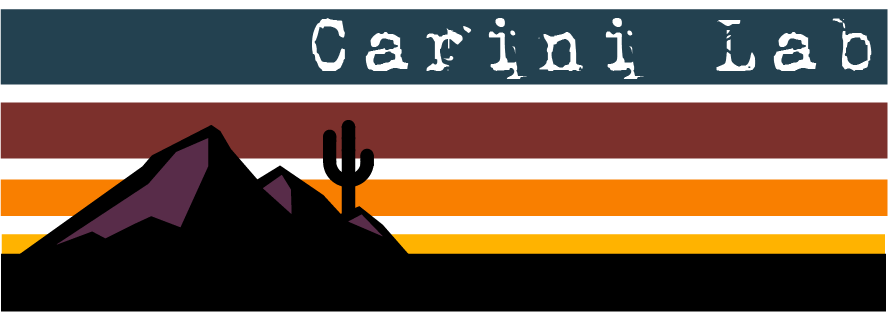FAQ
Q. Do we work with a specific organism?
A. Probably not. We do a lot of research on many different microbes. However, if the microbe is not listed on our ‘projects’ page, there is a good chance that we do not work on it.
Q. Do you have a more detailed Relic DNA protocol?
A. The relic DNA protocol was developed as part of my postdoctoral training. We no longer develop or use the methods in our current projects. Unfortunately, I don't have something formal written up. But here are some tips that I've shared along the way. I am happy to help you however I can. For low biomass samples you'll need to optimize a bit and to determine whether you have sufficient biomass.
These are the lamps we used. (Update: these lamps are now discontinued. A very bright light might work, but you’d need to test it. Biotium also sells these activator lights). They require a bracket and soldering to power them. They get HOT. That is why we cycled the light (see methods in paper). We did the incubations in an incubator capable of cooling because of the heat generated by the light. The temperature ranged from 16-23ºC for all experiments.
Everything was performed in the dark (in a small cooling incubator) until light exposure. We used transparent tubes like these. The soil:water ratio is important. Dense slurries do not allow for light to contact the soil sufficiently. 1% soil:buffer was best for our soils. We attached the tubes to moBio's vortexer adapter for 15 mL tubes. The vortexer was then placed under the 650 W light. On the adapter, the tubes were shaken (at just over 1/2 max speed) for ~5 min in the dark to bind PMA to susceptible cells. Then the tubes were exposed to 5 x 30s/30s light/dark cycles, while shaking at same speed. Samples were shaken while exposed to light to ensure even light contact with suspended soil. We cycled light/dark to minimize the heat exposure. Constant heat from the light will start to melt tubes and/or adapter!
Q. Can you send me a copy (reprint) of one of your papers?
A. Yes. send an email to paulcarini@arizona.edu with your request
